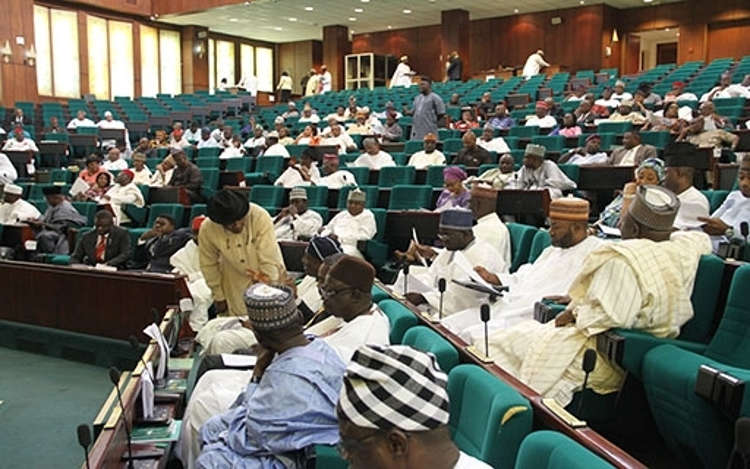THE House of Representatives has opened a high-profile investigation into the ₦1.06 trillion Nigeria Community Action for Resilience and Economic Stimulus (NG-CARES) programme, amid growing public concern that the government’s massive palliative spending has failed to reach intended beneficiaries.
The probe, initiated by the House Committee on NG-CARES, was announced on Wednesday by its Chairman, Abubakar Kusada, after a closed-door committee meeting in Abuja.
Kusada said the investigation became unavoidable after widespread complaints that vulnerable Nigerians were yet to feel the impact of the intervention despite the Federal Government’s release of $696 million (₦1.06 trillion) to states and the FCT, backed by clear implementation guidelines and operational frameworks.
“It is therefore most surprising that the effect of these palliatives is not being felt by the target vulnerable groups in Nigeria after the government has committed so many resources to this purpose,” Kusada told journalists.
The committee has resolved to conduct a full-scale probe under the investigative powers granted by Sections 88 and 89 of the 1999 Constitution, focusing on whether funds were embezzled, misappropriated, or diverted by state authorities.
Kusada listed several pressing questions the probe will address:
Did the ₦1.06 trillion deliver value for money, or were contracts inflated?
Was the procurement process transparent and in compliance with due process laws?
Was the distribution of funds equitable among states, and why did some receive more than their allotted share?
Were there fake beneficiaries in social transfer schemes?
The committee also plans to examine claims that billions were spent by states on agricultural inputs, labour-intensive infrastructure, market development, and storage facilities, and whether these investments have had any measurable effect on food supply and prices.
Kusada warned that the House will publicly expose any state found to have falsified beneficiary lists, diverted funds, or mismanaged resources.
“If we verify these claims, we will disclose their impact on the plight of Nigerians. If we are unable to verify the claims, we will name and shame the affected states,” he said.
He added that states found guilty of diversion will be required to refund the money and utilise it properly, while cases of procurement abuse will be forwarded to the Bureau of Public Procurement (BPP) and anti-graft agencies for enforcement.
The NG-CARES programme, launched in 2021, is a World Bank-supported initiative aimed at cushioning the economic impact of COVID-19 and other shocks by providing safety nets, agricultural support, and economic stimulus to vulnerable Nigerians through state-level platforms.
Despite the huge funding, public sentiment suggests that the initiative has failed to significantly alleviate economic hardship, especially amid soaring inflation and rising food prices.
The House committee says it will summon state officials, scrutinise financial records, and conduct on-the-ground verifications in the coming weeks.







